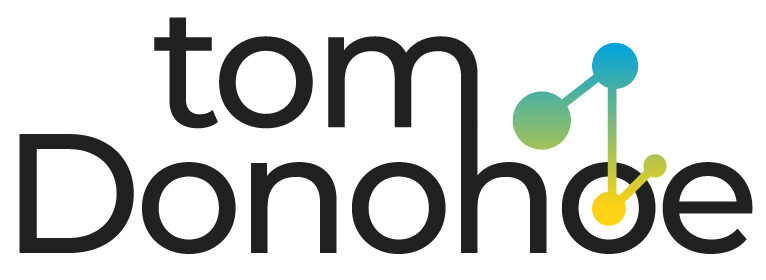Maximizing Your Crawl Budget For Efficient Indexing

If you want to ensure that the most crucial pages on your site are indexed, there are various options to ensure that your pages are crawled effectively and regularly. One of the initial and most critical areas to consider is determining the crawl budget of Google for your website and then integrating various SEO elements to make the most of your budget for crawling.
What is a crawl budget?
The crawl cost is the amount of web pages Google is crawling on your website each time Google’s crawlers/robots explore your website.
It sounds pretty straightforward, right? Yes, at a fundamental level, however, this is an aspect that most SEOs overlook. Still, it really should be a significant factor in deciding how to tell search engines to crawl your website and how you carry out different techniques for SEO initiatives.
How To Determine Your Crawl Budget
Finding how much you want to spend on your crawl is more accessible than most people think. All you need is access to the Google Webmaster Tools (now Google Search Console) account for the site you are working on. To locate your crawl budget, all you have to do is go through Search Console by following the procedure:
When you’re in the report on crawl statistics, check out the top graph and the metrics on the right. Google will tell you the number of pages on your site that are crawled on an average, high, or low day, as well as a moderate and quiet day. The crawl budget is the average of how many pages are accessed daily.
Once you’ve determined your budget for crawling, how can you maximize it to ensure that your website is crawled entirely and effectively and that your pages of importance are indexed effectively? Don’t worry because there are a variety of simple SEO techniques you’re probably already employing in some capacity. However, you might not coordinate with your crawl budget to maximize the benefits.
Ways To Maximize Your Crawl Budget
As I mentioned, there are many things you could do, and we’ll discuss seven simple methods to boost your crawl budget.
Site Architecture & Internal Linking
The design of your site and the internal structure of its linking can profoundly impact how search engines will crawl your website. A well-structured site with a multi-faceted navigation system and categorical design will allow search engines to crawl through your website more efficiently. In addition, aligning your site’s structure in line with the internal link strategy can increase the authority spread throughout your site and improve the management of more complex pages on your site.
Fix Broken Links & Redirect Chains
The broken link and the redirect chain are two components that can be fixed quickly. However, they could result in an immense expense to your budget for crawls if they are not dealt with. Broken links lead to inaccessible websites (i.e., the 404 error) and use crawl resources each when a user follows the broken link. Repairing broken links can ensure you’re not wasting your budget for crawling. A site crawl and analysis can aid in identifying the broken links that you require to repair.
Additionally, redirect chains are an unnecessary use of your budget for crawls because you’re directing the crawler through multiple URLs before it arrives at the URL you wish the crawler to visit. Software for crawling websites, such as Screaming Frog, allows you to crawl your website and determine redirect chains you must fix to get the most out of your crawling resources.
Page Speed
Page loading times are a crucial technological SEO component to improve for several reasons; the most important is to increase the budget for crawling. When you make your website speed up, you’re decreasing the time Google needs to visit your website, which allows you to maximize the use of the resources Google gives to crawl your site. Many tools can be used to test the speed of your website’s load and determine areas that need improvement, such as Google’s PageSpeed Analytics, GT Metrix, Pingdom, and Web Page Test.
Remove Duplicate Pages
Various reasons can cause duplicate pages. However, they can also be a massive resource drain on your crawl budget. Even if the page does not have an official canonical tag to indicate its duplicate, it will remain crawled and consume part of your budget for crawls. It is recommended to eliminate the same pages to ensure you’re not wasting time and resources on the same pages. You want to ensure that your page’s primary variant gets easily crawled and indexed.





